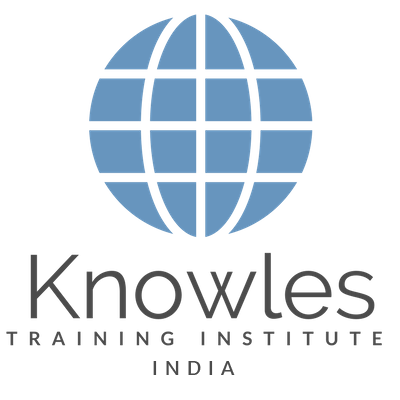Skip to content
AssociationIntern1bksiuevej76kHhK2023-07-17T14:58:13+08:00
Association
Unlocking the Power of Association: 10 Strategies for Enhanced Learning and Memory
- Linking: Forge connections between new information and existing knowledge by identifying similarities, patterns, or relationships. Associating the unfamiliar with the familiar aids in retention and recall.
- Visual Mind Maps: Harness the power of visual thinking by creating mind maps that visually represent the relationships between ideas or concepts. Mind maps serve as a visual aid that enhances memory and facilitates understanding.
- Chunking: Break down complex information into smaller, manageable chunks. Grouping related pieces of information together allows for easier processing and retention.
- Spaced Repetition: Optimize your learning by spacing out review sessions over time. This technique leverages the spacing effect, which suggests that information is better retained when it is revisited at intervals rather than through massed repetition.
- Elaboration: Dive deeper into the material by elaborating on the concepts or explaining them in your own words. By actively engaging with the information, you create meaningful associations that promote long-term retention.
- Interactive Learning: Engage in interactive learning activities such as discussions, group projects, or teaching others. Active participation stimulates different areas of the brain, reinforcing associations and enhancing memory.
- Visualization: Utilize the power of mental imagery to create vivid and memorable associations. Visualize the information as images or scenarios, making it easier to retrieve from memory later.
- Contextual Learning: Place the information within a specific context or real-life situation. Contextualizing the material provides a framework for understanding and aids in recall by linking it to relevant experiences.
- Dual Coding: Combine visual and verbal information to create dual associations. By pairing images or diagrams with written or spoken explanations, you engage multiple modes of encoding, reinforcing memory.
- Metacognition: Develop metacognitive awareness by monitoring and reflecting on your own learning process. Assessing your understanding, identifying knowledge gaps, and adjusting your study strategies based on feedback can optimize association and memory formation.
Page load link


